If a literary man puts together two words about music, one of them will be wrong
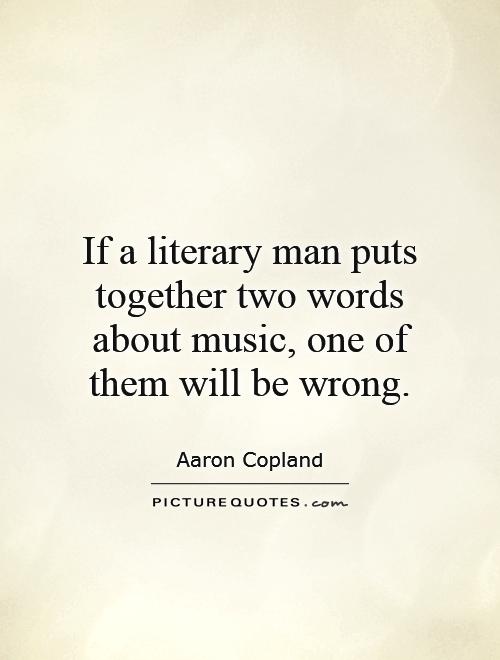
If a literary man puts together two words about music, one of them will be wrong
Aaron Copland was an American composer, composition teacher, writer, and conductor who is often referred to as the "Dean of American Composers." He was known for his distinctive style that blended elements of American folk music with classical European techniques. Copland's music was often described as being accessible, yet innovative, and he played a significant role in shaping the sound of American classical music in the 20th century.In his writings, Copland often discussed the relationship between music and literature, and how the two art forms could inform and inspire each other. He believed that music had the power to evoke emotions and tell stories in a way that words alone could not. However, he also recognized the limitations of language when it came to describing the complexities of music.
Copland once famously said, "If a literary man puts together two words about music, one of them will be wrong." This statement speaks to the inherent difficulty of capturing the essence of music in words. Music is a universal language that transcends cultural and linguistic barriers, and it can evoke a wide range of emotions and sensations that are difficult to articulate.
Copland's own music often defied traditional categorization, drawing on a diverse range of influences and styles. He was known for his use of folk melodies, jazz rhythms, and dissonant harmonies, creating a sound that was uniquely American. His compositions, such as "Appalachian Spring" and "Fanfare for the Common Man," have become iconic works that continue to be performed and celebrated to this day.

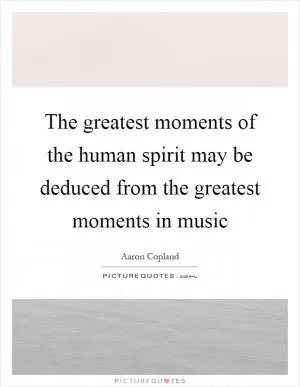


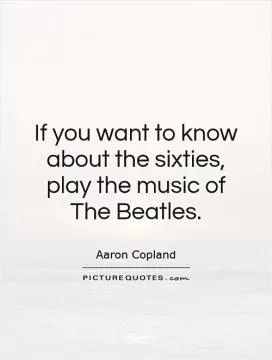
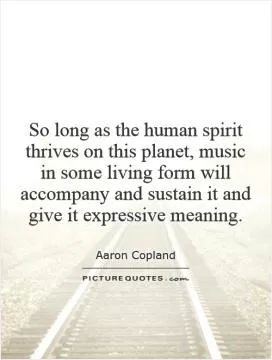


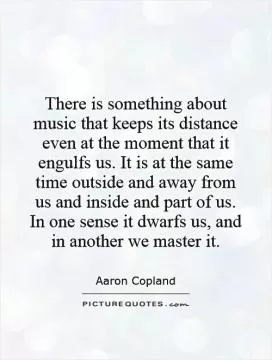
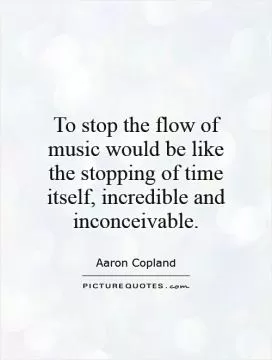


 Friendship Quotes
Friendship Quotes Love Quotes
Love Quotes Life Quotes
Life Quotes Funny Quotes
Funny Quotes Motivational Quotes
Motivational Quotes Inspirational Quotes
Inspirational Quotes